Noticia
Social thinking and indigenous movement
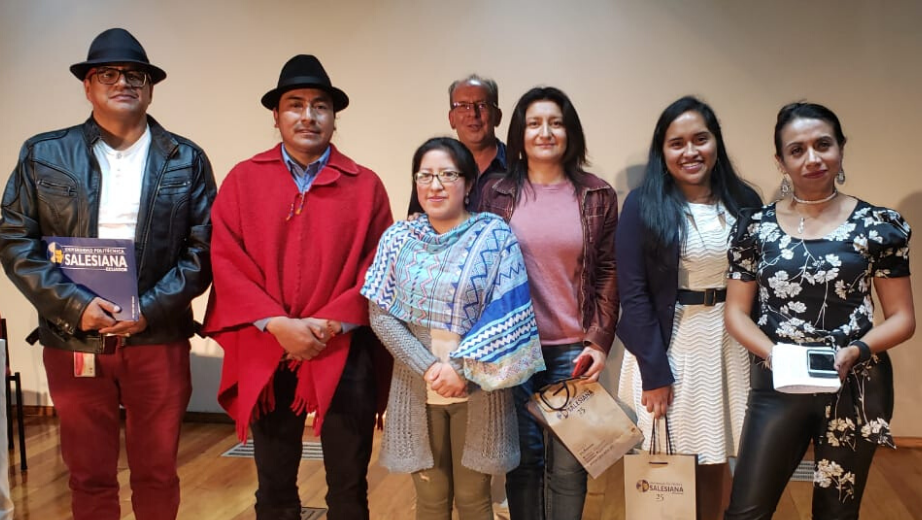
The event, held on November 14th, was organized by the management and leadership and the anthropology undergraduate programs. The talk was attended by students, professors and the overall public. The first speaker was Eduardo Delgado who presented the history of the indigenous movement and said that "the protests move many people and are a force, but they end up in negotiation tables where the proposals disapperar".
Nayra Chalá, vice president of ECUARUNARI, thanked the four universities that provided humanitarian help to people who were in the national strike. She questioned the State's actions against people and nationalities. "There was social polarization and a racist attitude that promoted hate." She invited the social stakeholders to take responsibility and seek to make changes in the country.
Leonidas Iza, president of the indigenous movement from Cotopaxi MICC, said the fight is not a mission of the indigenous, the mestizo, or the cholos; "It is everyone's mission to change this capitalist model". He insisted that in order to change society, people should have the power and if the State does not make changes then people should do so.
Simbaña stated that the fight should generate a process of liberation. "These processes are cyclical, they have a transition, but in the end they are struggles of civilization projects in which we put communities, families and ourselves at stake," he said. Finally, Quishpe spoke from his experience as a volunteer student during the seven days of national strike.
"We are a generation of university students who go beyond getting a reward, we have a humanitarian heart and we are willing to serve", said Angie Quishpe, member of the students federation.
"We provide hope, happiness and kindness. We knew it was a question of getting together and helping in times of crisis. As students we are here to serve others, we thank indigenous communities for teaching us to be more Ecuadorian".
Contenidos Relacionados
Contenidos Relacionados
Noticias Relacionadas
Noticias Relacionadas

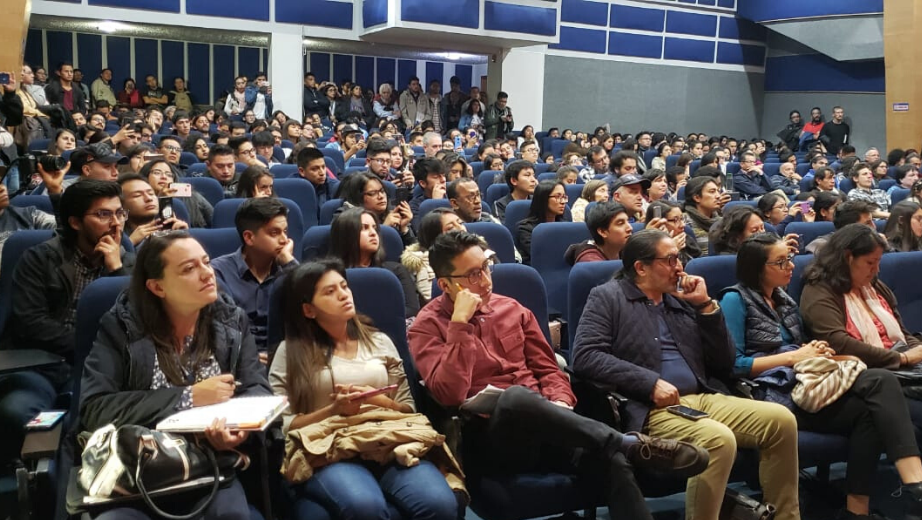
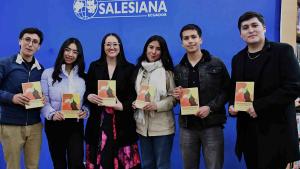
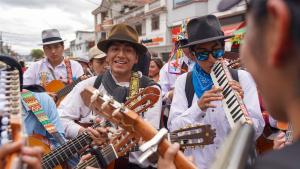
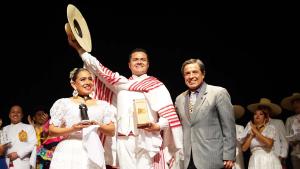
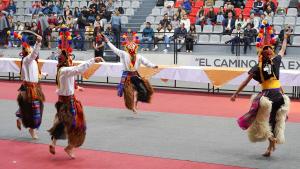
Follow us
Follow us